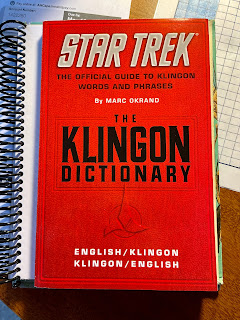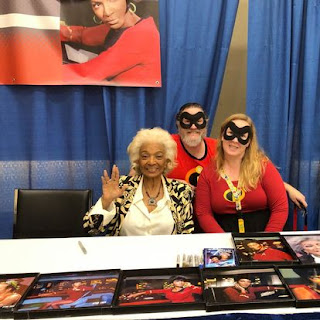Navigating Between Cultures/Multiple Identities (1)
When talking about Star Trek: Deep Space 9 at the end of the video, Scott says that, “while some people argue that the series’ occasionally more conflict-laden relationships went again Gene Roddenberry’s dream of a utopian future, it’s more confrontational nature highlighted the complexities of cross-cultural communication and how it could benefit social and business interactions.” Which side of the argument do you agree with? Why?
DS9, by virtue of its setting and the mixing of the many races which inhabited the station together, shows that, while cross-cultural communication can be complicated and fraught, having those difficult interactions creates a positive tension that fosters growth and genuine understanding. The fact that the station is an emblem of a long and brutal conflict, on which members of both sides of that war now reside together under the expectation of peace and civility, is a powerful foundation for storytelling. I've already written about the "Duet" episode, which I love. And the show's ability to feature storylines around social and "neighborhood" institutions like schools, churches, and shops made it possible for Trek to tell its particular kind of meaningful, progressive stories while continuing to employ the defamiliarization strategies from even the earliest episodes of The Original Series.
Each episode in the watch list features a different character who embraces (or struggles with) their intersectionality. Which character resonates the most with you? In what ways?
- “Journey to Babel.” Star Trek: The Original Series
- “The Cost of Living.” Star Trek: The Next Generation
- “Sins of the Father.” Star Trek: The Next Generation
- “Family.” Star Trek: The Next Generation




Comments
Post a Comment